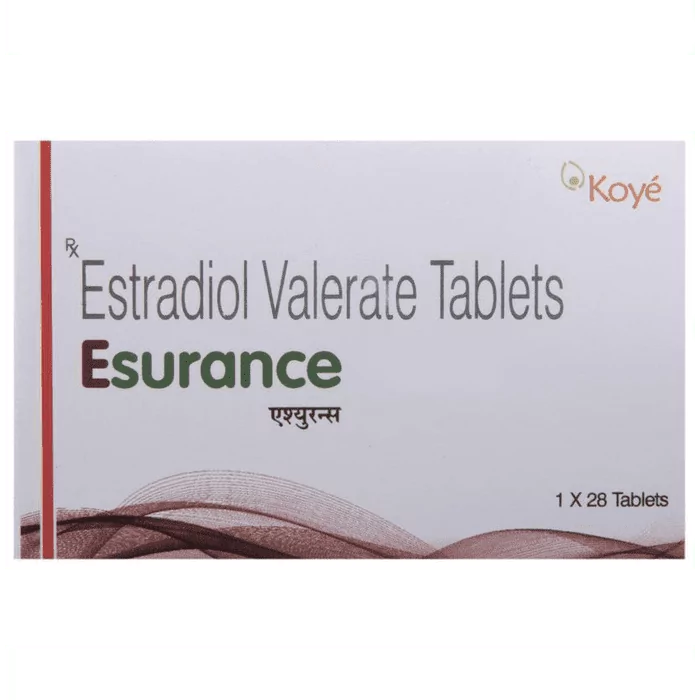As women age, they reach a stage called Menopause, where they can no longer become pregnant.
The transitional phase to Menopause leads to a series of discomforting symptoms such as weight gain, Nausea, and vaginal dryness.
However, some of these symptoms overlap with pregnancy symptoms.
Therefore, differentiating Menopause symptoms from the possibility of pregnancy is often a tough task among aging women.
So, how does one differentiate between approaching Menopause and pregnancy?
Let us proceed with this article and find out the answer to this question to better understand Pregnancy vs Menopause.
Pregnancy vs Menopause Symptoms
Both Menopause and pregnancy can result in a range of common symptoms among women.
Yet, certain symptoms are unique to each of these conditions.
These symptoms can help create a distinction between Menopause and pregnancy.
However, remember that it is best to undergo thorough testing by a certified doctor to diagnose your symptoms accurately.
In this section, we will explore these distinctive symptoms of Menopause vs pregnancy.
Save up to 90% on your medicine bills

Progynova 2 mg

Oestrogel 2.5 gm / 1.5 mg

Estrabet 2 Tablet

Esurance Tablet
Symptoms Common to Menopause and Pregnancy
 Source: Demkat
Source: DemkatThe most prevalent symptom shared by Menopause and pregnancy is irregularity in menstrual cycles.
Pregnancy leads to missed periods due to the fertilization of the egg in the uterus.
Meanwhile, Menopause results in irregular or absent menstruation due to hormonal fluctuations.
Other symptoms common to these two conditions include fatigue, sleep disorders, mood swings, headaches, bloating, and weight gain.
Some women may also experience changes in their sex drive due to these conditions.
Such libido-related changes are often temporary during pregnancy.
However, libido changes during Menopause generally last longer, presenting a challenge for most women.
If you are concerned about reduced libido due to Menopause and are looking for a solution, read How to Increase Sex Drive During Menopause? Learning Facts.
Symptoms Unique to Pregnancy
The most common indicators that are unique to pregnancy are appetite-related changes. These include food sensitivities, cravings, or constipation.
Other symptoms of pregnancy are sensitive or swollen breasts and Nausea.
Note that Menopausal women may also experience Nausea and sore nipples in some rare cases.
Symptoms Unique to Menopause
A gradual decrease in fertility is the best indicator of approaching Menopause.
This may be observable through Menopause symptoms such as vaginal dryness, hot flashes, or night sweats.
Other signs of Menopause include loss of bone density and increased risk of conditions such as heart disease.
If overlooked, these symptoms can worsen and cause further complications.
This is why it is essential to seek proper treatment for Menopause from a licensed doctor.
You may also benefit from supplements for Menopause such as Menopause herbs and teas for Menopause.
Additionally, certain dietary changes are suggested for women undergoing the Menopausal transition.
If you wish to learn more about dietary recommendations for Menopause, Read A Comprehensive Guide to the Menopause Diet.
Conclusion
Pregnancy and Menopause are two significant stages in a woman’s reproductive journey.
Although these two stages are very different, they show similar symptoms that may make them harder to distinguish.
Therefore, many women look out for Pregnancy vs Menopause comparisons to better understand these conditions.
Some symptoms that are common to both pregnancy and Menopause include irregular periods, weight gain, bloating, and mood swings.
However, both these stages also result in certain unique symptoms.
Appetite changes, cravings, and constipation are some symptoms unique to pregnancy.
At the same time, symptoms unique to Menopause include vaginal dryness, hot flashes, and night sweats.
It is essential to seek proper treatment through a licensed doctor for these symptoms for effective relief.

Frequently Asked Questions
Will a pregnancy test be positive if in Menopause?
Yes, pregnancy tests may be positive for Menopausal women in some cases.
Menopausal women may have elevated levels of β-hCG, leading to a positive pregnancy test result in some cases.
However, this does not indicate pregnancy. It is best to confirm the results through a doctor.
Has anyone gotten pregnant during Menopause?
Yes, it is possible to get pregnant during Menopause, although it is a rare possibility.
This is because ovulation may still occur irregularly during Perimenopause.
However, the chances decrease significantly as the Menopause stages progress.
Why did I get pregnant during Menopause?
Getting pregnant during Menopause is possible due to irregular ovulation that may still occur in the Perimenopausal stage.
It is crucial to use contraception until Menopause is confirmed to avoid unexpected pregnancies.
What are the early signs and symptoms of Menopause?
Early signs and symptoms of Menopause include irregular menstrual cycles, hot flashes, night sweats, vaginal dryness, mood swings, fatigue, and changes in libido.
What is the golden age for getting pregnant?
The “golden age” to get pregnant is typically considered to be in a woman’s 20s and early 30s.
At this stage, fertility is at its peak, and the risks of pregnancy complications are lower.
However, many women successfully conceive and have healthy pregnancies into their 30s and 40s.
Cheap Medicine Shop only refers to credible, authoritative sources for our content. If you’re curious about how we ensure the integrity of our content, we encourage you to read our Content Information Policy.














